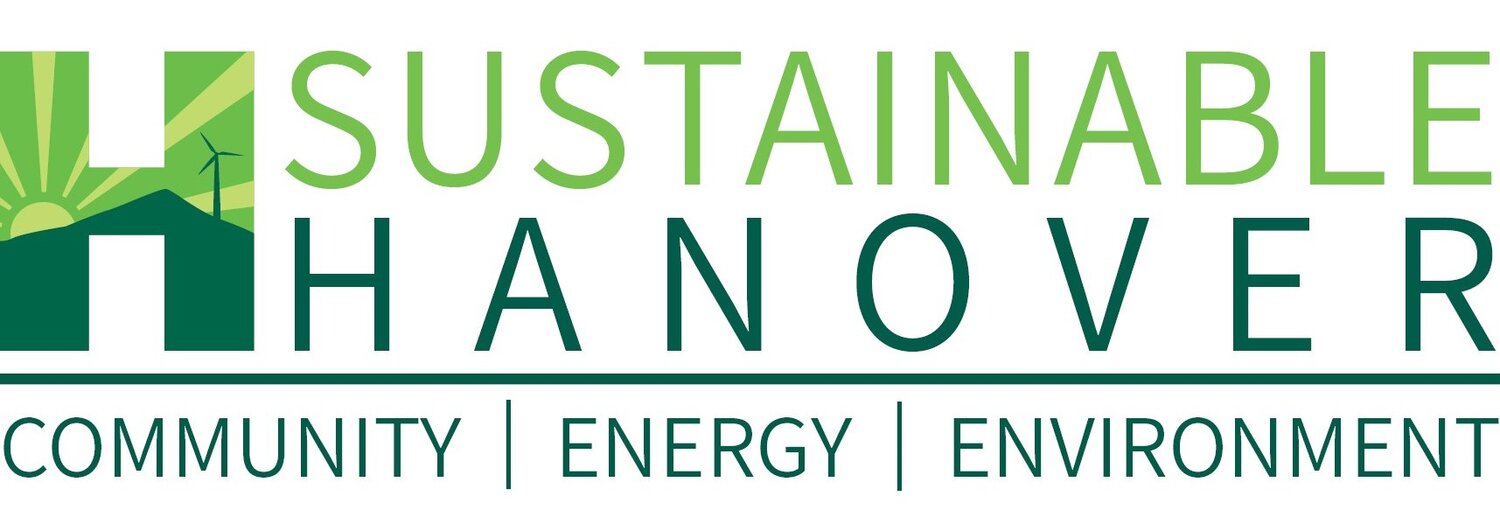Community Power Coalition of New Hampshire (CPCNH): An Update
The energy future for New Hampshire is looking brighter.
As reported in the Fall 2020 and Spring 2022 issues of the Sustainable Hanover Newsletter, Hanover was preparing to join a number of New Hampshire communities to find a way to implement Community Power Aggregations authorized by the legislature. This would be a major step in achieving a goal of direct purchasing of renewable energy for residents and small businesses. Initially, five communities working with Clean Energy New Hampshire formed the Community Power Coalition of New Hampshire (CPCNH). There are now twenty members. CPCNH is poised to become a major player in providing renewable energy. It aims to “lower electricity costs, procure electricity from sustainable sources, and improve competitive markets for local businesses that can offer innovative energy products and services.” www.cpcnh.org
Getting to this point has been possible through the herculean effort of member representatives including Hanover’s Julia Griffin (Town Manager, now retired), April Salas (Sustainability Director) and Peter Kulbacki (Director of Public Works). Kulbacki recently updated the status of CPCNH at the July 20, 2022 Sustainable Hanover Committee meeting. A significant obstacle to CPCNH’s moving forward was the lack of rules for community Electric Aggregation Plans (EAP) from NH’s Pubic Utility Commission (PUC). Rules have now been approved and member communities (including Hanover) will be submitting their individual EAP’s to the PUC and are awaiting final approval from JLCAR (Joint Legislative Committee on Administrative Rules) which has been delayed to the September 15th meeting.
While awaiting the rules, CPCNH members have had numerous meetings developing member contracts. Vendors have been selected and approved by the CPCNH Board of Directors for Portfolio Management and Technical Support, Retail Customer Services, and Secure Revenue Account Services. In addition vendors to provide renewable energy sources will need to be identified and staff hired. The final step will be authorization from the PUC. Kulbacki’s hope is CPCNH will be fully operational in the Fall. However, the full program will not be launched until CPCNH members can be assured that their energy costs will be lower that the default rate.
Kulbacki also noted that each member has considerable flexibility setting its own rates, enabling them to fund special projects if needed. Further, recently passed legislation (SB 321) allows Community Power Aggregation to enter into agreement with local energy producers of up to 5 MW which will avoid transmission costs. This can be an incentive for even more local development of clean energy.
